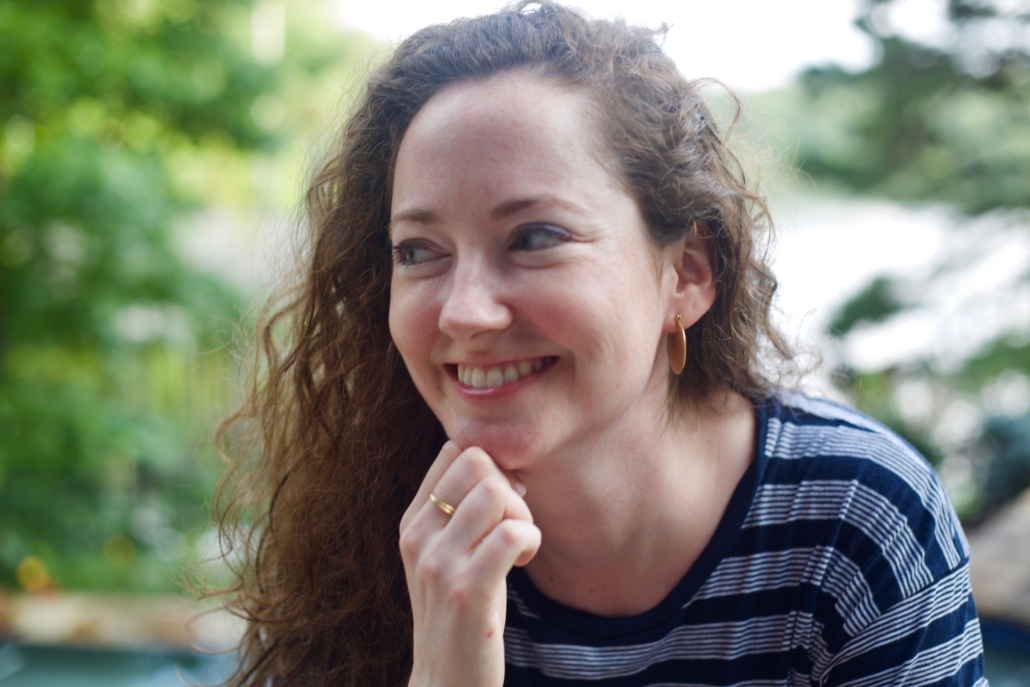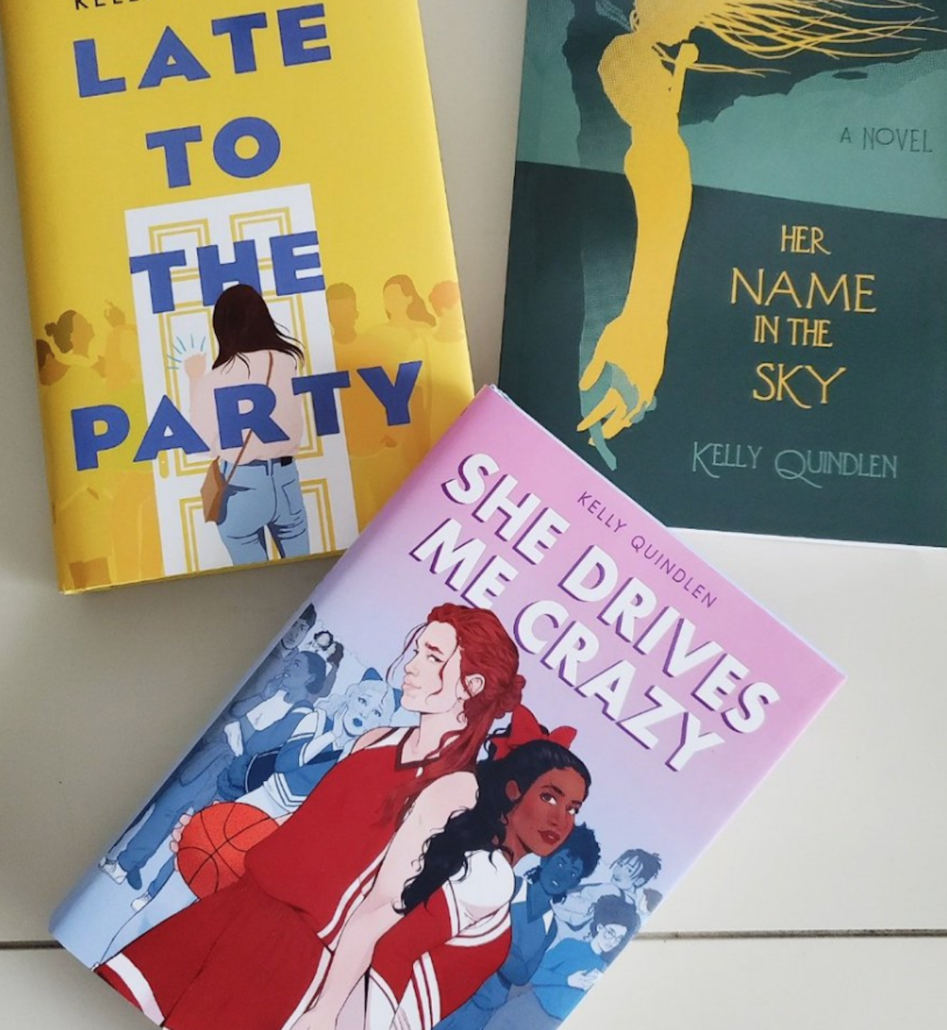By Guest Blogger: Kelly Quindlen, Author of She Drives Me Crazy, Late to the Party, Her Name in the Sky
“That’s the first time I’ve ever seen someone who looks like me on the cover of a book.”
That was Lon’s immediate reply when I sent him a picture of Felix Ever After, Kacen Callender’s 2020 young adult novel about a Black trans boy looking for love during a sweltering New York summer. The titular character, Felix, stands proudly on the cover wearing a flower crown and a daring smirk, completely at home in his body—which includes visible red scars from his top surgery, a common medical procedure some trans youth undergo. Lon couldn’t believe his eyes as he took in this blatantly-trans character on the cover of a bestselling book. As he said to me, “Wow, this is how other readers feel all the time.”
Lon was 18 when we had this conversation. He had lived through nearly two decades of reading books with characters who didn’t look like him, love like him, or move through the world like him. Can you imagine the kind of hunger that creates in a person? It’s a kind of subconscious starvation, a deep longing to see yourself somewhere, anywhere. It’s almost enough to believe you’re not real.
Kelly Quindlen, Author of She Drives Me Crazy, Late to the Party, Her Name in the Sky
I know because I speak from personal experience. I came out as a lesbian when I published my first novel at age 25. It was a young adult story about two Catholic school girls falling in love, which prompted the questions, Who was I to tell this story? Did it come from personal experience? Was I queer myself? My public coming out was almost a necessary by-product of sharing that story with the world. At the time, I was terrified and riddled with anxiety. I didn’t have a model for how to navigate the experience. I felt like I was walking through a fun house where the ceiling had become the floor.
Today, I’m grateful for my coming out journey. I am in my thirties now and immensely grateful to let the world see my whole, authentic self. I have since published two more young adult novels, both of which center on LGBTQ characters. I tell these stories for the young persons—and even the older ones—who are still looking for their mirrors.
What does this have to do with you? Absolutely everything.
As an educator, you can be the person who guides your students to their hallway of mirrors. You do this by the way you dress, the way you speak, the stories you tell about your friends and family. That tiny anecdote you share with your ninth graders—the one about “my friend Abby and her wife”—do you realize how deeply that can resonate? Do you see the mirror you’re holding up for your queer kids?
And of course, you are the steward of books—especially if you teach ELA, but even if you don’t. You are the steeple of knowledge they associate with reading, with facts, with what’s real in the world. The books you choose for your next novel unit, or the small collection you keep in the back of your classroom for students to read after they finish their science test early—these are opportunities to affirm and love.
This Pride month, I hope you will affirm your students in a myriad of ways—including through the signals you send with your classroom library and suggested readings. If you’re not sure how to build a more inclusive library, here are some tips:
- Source your books from LGBTQ Reads, the definitive catalog of queer novels for every age and identity
- Read up on the We Need Diverse Books initiative
- Connect with your library—either at school or in your community—and ask the librarians to help you find material. You’d be surprised how easily they can satisfy requests such as “I need a Middle Grade fantasy for my trans student.”
- Create an Amazon wishlist for your classroom library. I know many teachers who obtain LGBTQ books this way (and I personally have donated to their libraries!)
If you are part of the LGBTQ community, Happy Pride! Remember that we can embolden our students simply by living our lives—which are our own stories. If you are an ally of the LGBTQ community, Happy Pride to you as well, and remember that your job as an ally is to affirm who your students tell you they are. Sometimes you won’t have the right words—but that’s okay, because you can point your students toward the books that will have them.







